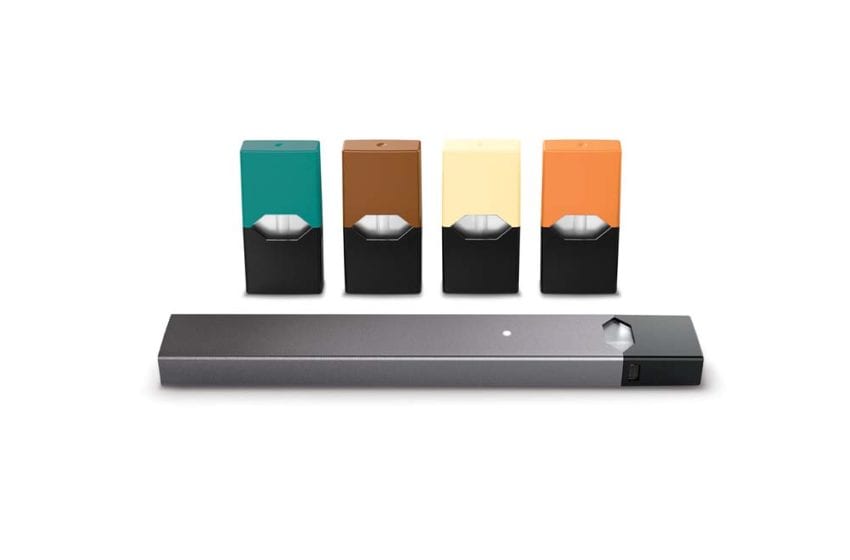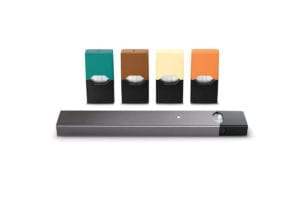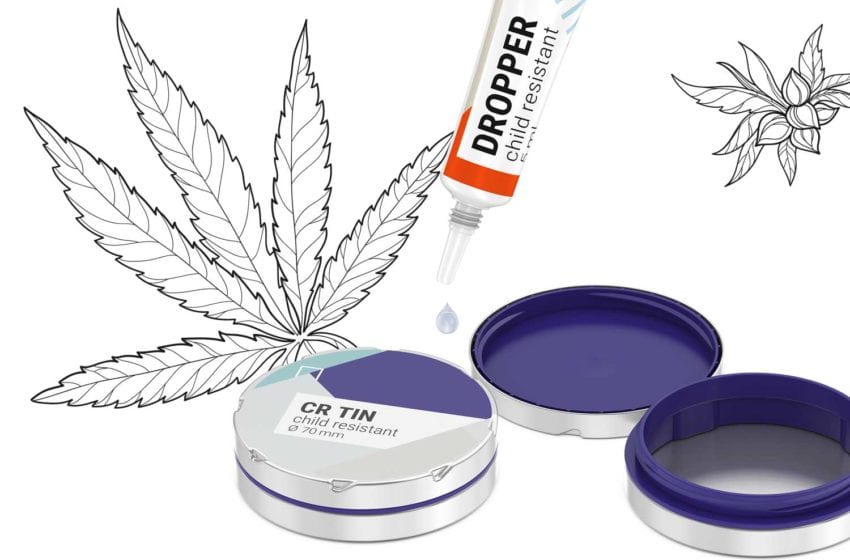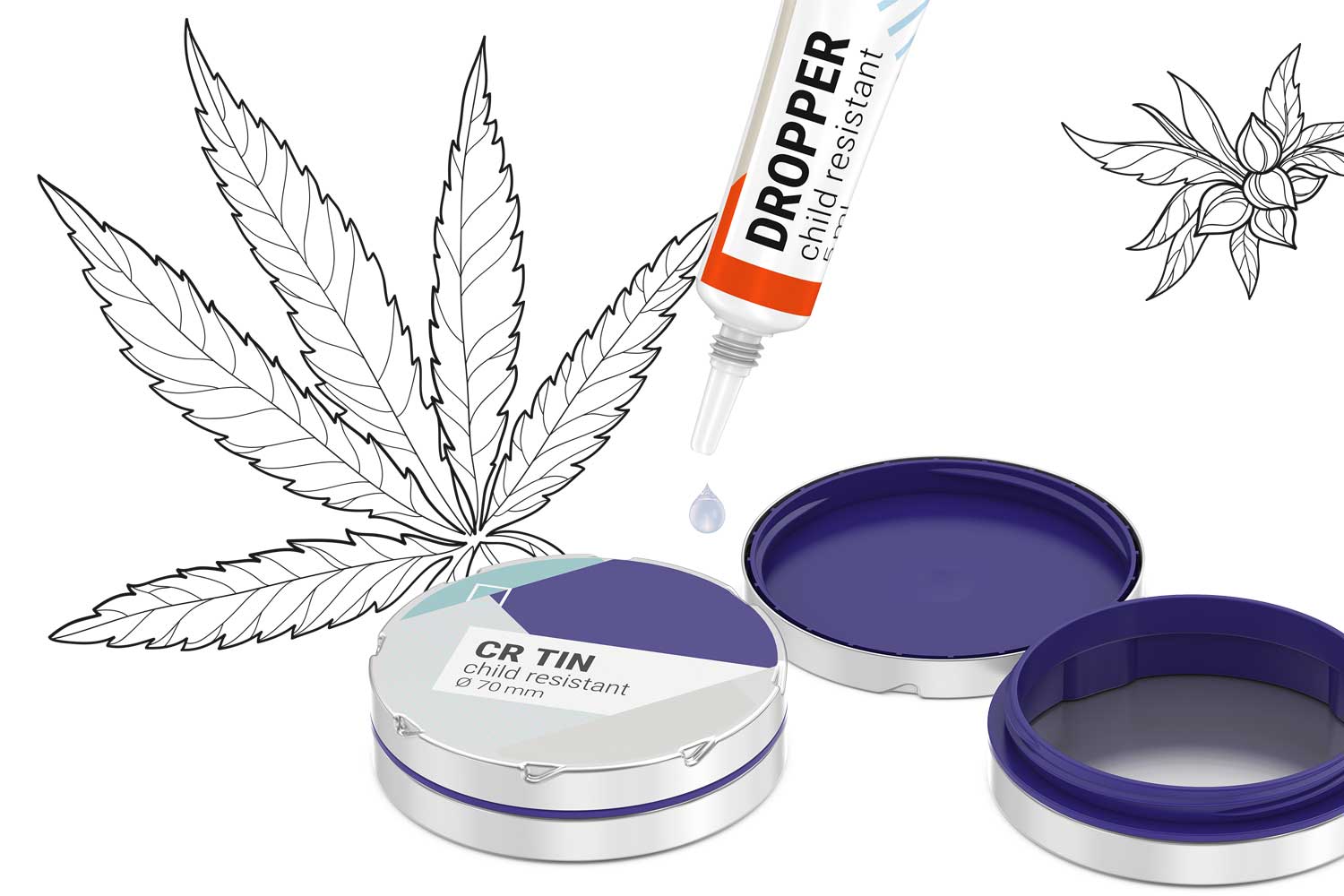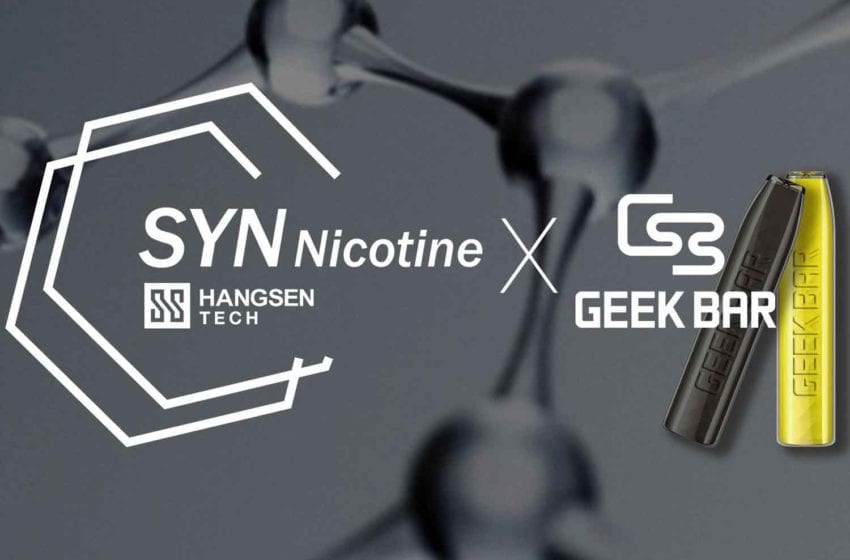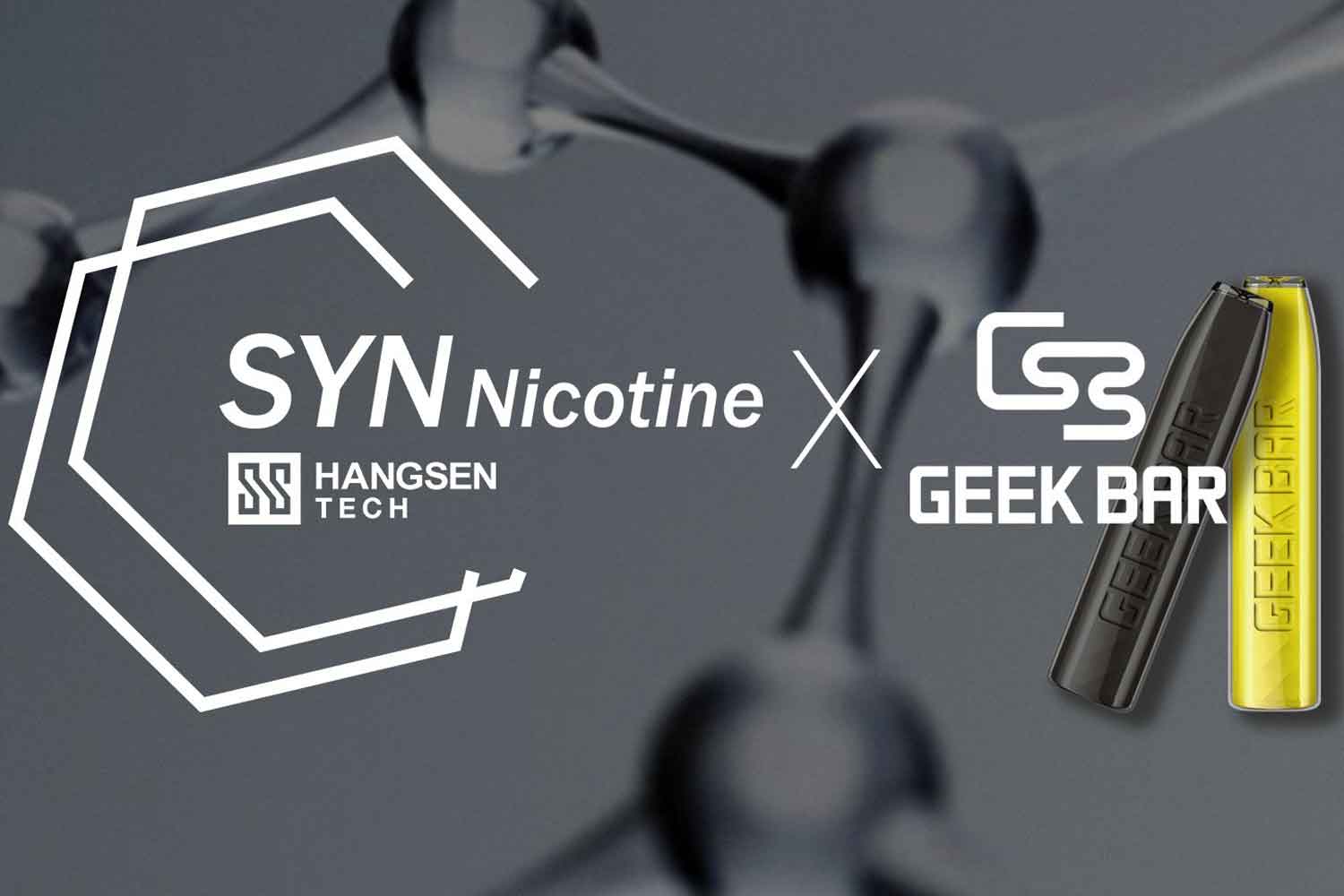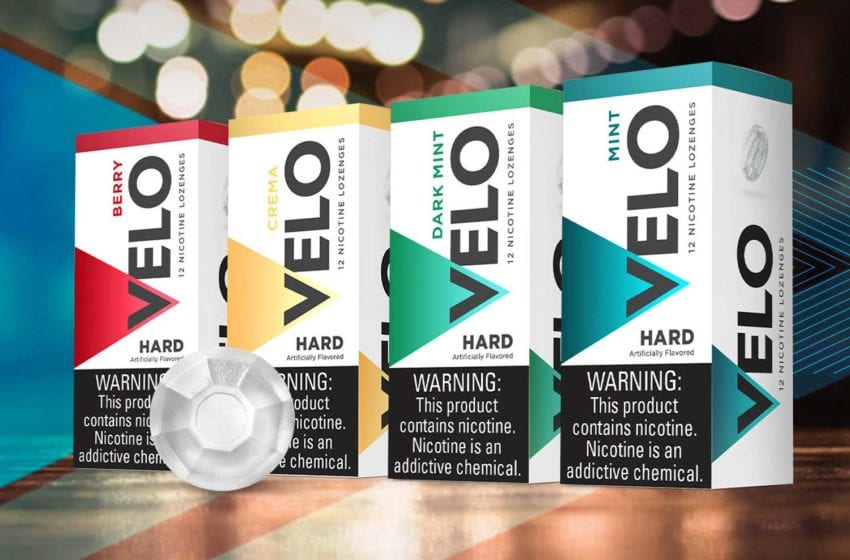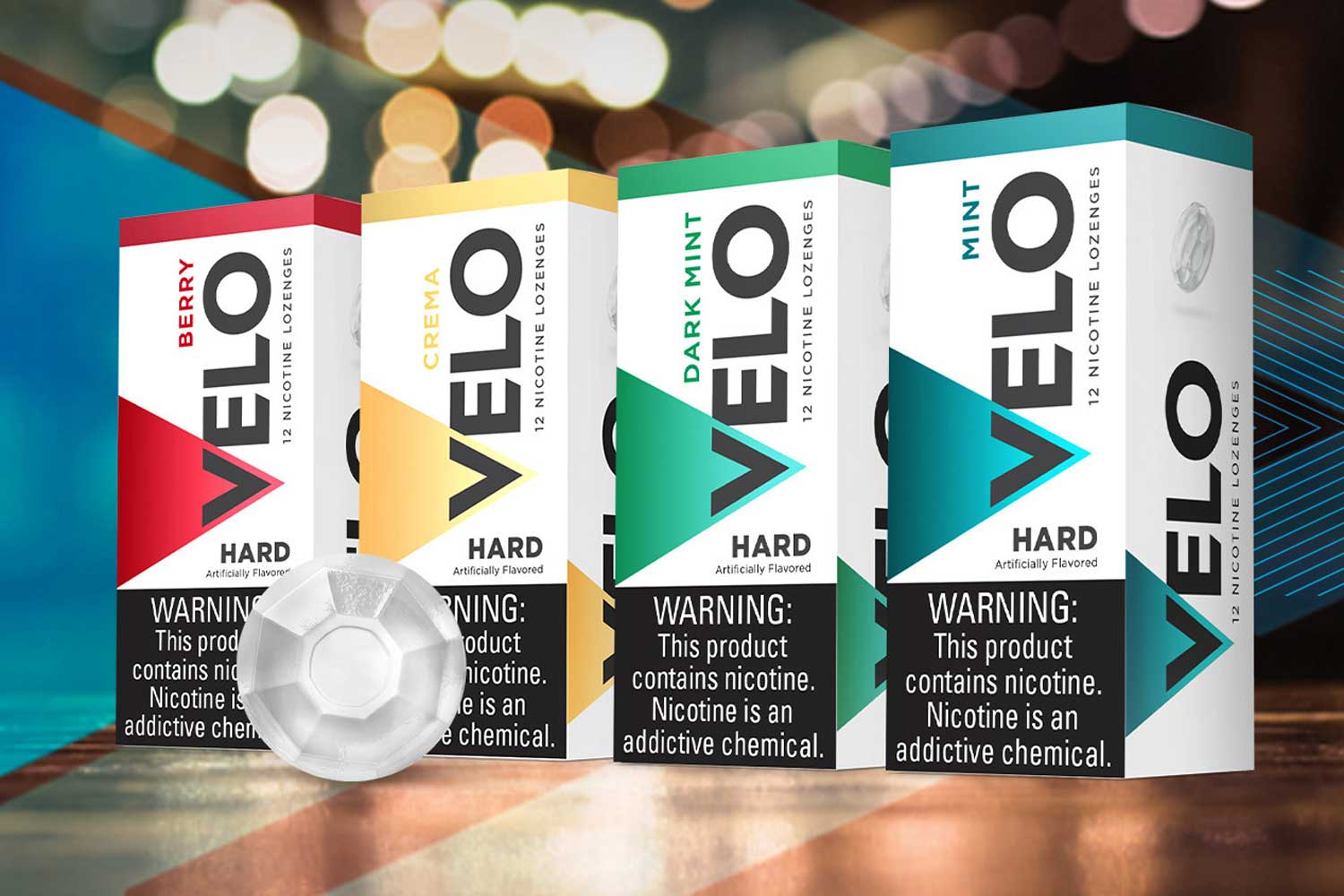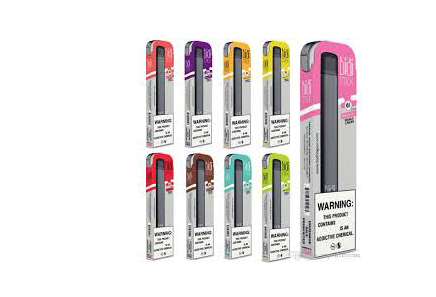
Bidi Vapor’s Bidi Stick has become the fastest-growing closed system vaping product in the U.S., the company announced.
Based on Goldman Sachs’ recent equity research report on the Nielsen data for total nicotine volumes, the Bidi Stick is now the second-largest disposable electronic nicotine-delivery system (ENDS) offering based on retail sales for the last 52-week period.
The Bidi Stick increased its absolute-dollar market share of the disposable ENDS market share from 7.4 percent during the 52-week period ending on Oct. 27, 2020, to 24.2 percent of retail sales during the 52-week period ending on Nov. 28, 2020.
According to the Goldman report, total dollar sales growth has surged to 1,845 percent to lead the category for the 12-week period ended Nov. 28, 2020.
“The Bidi Stick is an electronic nicotine-delivery system designed for current adult smokers and is manufactured and marketed with sustainability and socially responsible practices in mind,” said company founder and CEO Niraj Patel.
“We even incentivize our customers to recycle with a one-of-a-kind rewards program. We are also hyper-vigilant in making sure the Bidi Stick does not get into the hands of young people but only those adult smokers over 21 looking for alternatives to cigarettes.”


